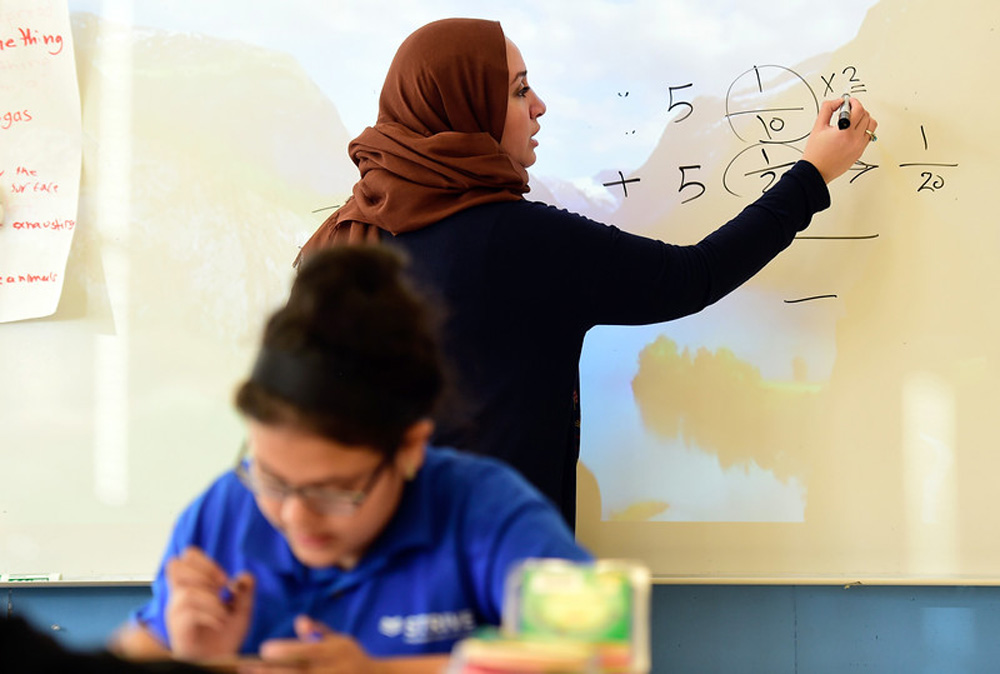
This week, teachers across Saudi Arabia were given reason to celebrate as the announcement was made that the Kingdom has come in first for having the most trained teachers in primary and secondary education based on the Global Knowledge Index (GKI).
This year’s index was presented at a high-level event organized by the United Nations Development Program (UNDP) and the Regional Bureau for Arab States (RBAS). According to Gulf News, the landmark occasion was held to celebrate key successes of the year with an eye on the future and the targets of sustainable development set for the year 2030. Indeed, UNDP considers knowledge as key factor in achieving the United Nations’ 2030 Agenda for the Sustainable Development Goals
As explained by the news site, the GKI is the only index to date that measures knowledge at the global level using a systematic approach built on solid conceptual and methodological principles. Countries aiming for maximum impact must consider that any development plan, strategy, and framework should be grounded in knowledge and evidence-based decision-making, a factor that was highlighted throughout the event.

The GKI, which tracks the status of knowledge in 131 countries around the globe and was launched last year in Dubai by the Knowledge Project, identifies knowledge as an integral part of human life, affecting its social, economic, and cultural aspects, as well as an engine for comprehensive and sustainable human development.
The index is based on a combination of six sectorial indices: pre-university education; technical vocational education and training; higher education; information and communications technology; research, development and innovation; and, finally, economy, in addition to a general sub-index on the general enabling environment.
GKI is calculated through 133 variables covering various vital sectors in the country, such as enrolment, graduation, and drop-out rates in schools; literacy; unemployment; life expectancy at birth; e-government; political stability; regulatory and legal frameworks; patents; private-sector indicators; quality and availability of human resources (students, teachers, professionals and researchers), among other criteria.

















